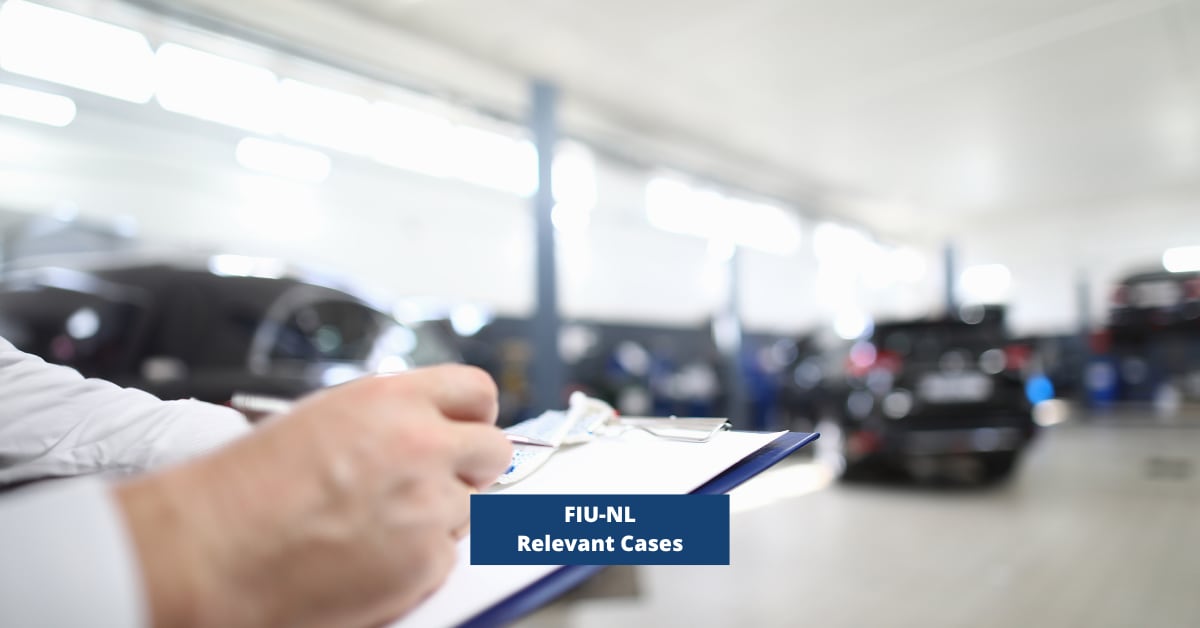Report of cash sports car purchase leads to money laundering conviction
A Dutch court recently sentenced a man to five months in prison for money laundering in a first instance ruling. The case came to light following a report from a car dealership regarding an unusual transaction.

Under Dutch law, any cash payment of 20,000 euro or more for goods (including vehicles) must be reported to FIU-the Netherlands. This is known as an objective indicator. In this case, the dealership filed a report after a customer paid for a high-end sports car entirely in cash, amounting to several tens of thousands of euros.
Unexplained wealth
One of our analysts began investigating the report, focusing on whether the customer possessed any unexplained wealth. The analyst assessed the individual’s financial situation and found that the purchase of the car could not be justified by the customer’s known economic means.
Case referred to investigation service
The findings from the analysis were sufficient to classify the transaction as suspicious, making it a case for the investigation services. Therefore, FIU-the Netherlands handed the file over to the Financial Intelligence Team of the Dutch police.
Multiple cash deposits
The subsequent investigation uncovered multiple cash deposits, totalling over 100,000 euros. These deposits were vastly disproportionate to the suspect’s legitimate income, raising serious suspicions of money laundering.
Suspect’s explanation
The suspect claimed that the cash deposits partly originated from an investment by a foreign company, intended to fund a future business venture in the Netherlands. As for the sports car purchase, he said it had been financed through a combination of a loan from the foreign company and proceeds from the sale of another sports car.
Legal origin ruled out
The court ultimately rejected the suspect’s explanation. Based on the evidence gathered during the investigation, the judge concluded that – apart from the sale of the second sports car – the cash had no lawful origin. As a result, the suspect was convicted of money laundering. This case highlights the importance of unusual transactions reports involving cash purchases of goods. Together, we see more.
You can read the full ruling here (in Dutch) and find further coverage of the case on AMLC.nl (also in Dutch).

